|
According to The Australian Financial Review, in what is believed to be a world-first product for sale, Canberra-based start-up Samsara Eco has created clothing made with an enzymatically recycled product that can, in turn, be recycled infinitely.
CEO Paul Riley said the project, in collaboration with Canadian athleisure giant Lululemon, marks a watershed moment in the future of textile recycling. “It’s a very exciting day for us,” Mr Riley said. “This is a first-of-its-kind piece of clothing that has been 18 months in the making.” Though clothing recycling is not new, Samsara’s technology is different. “What’s unique about this is that most recycled clothes are made from remnants of the packaging industry. Clear PET bottles are turned back into polyester fibre and mixed with other products like nylon or polyurethane, and then coloured.” This closed-loop process means the garments cannot be recycled again, and “are destined for landfill” Mr Riley said. Samsara’s proprietary technology, EosEco, uses a combination of biophysics, chemistry, biology and computer science (such as artificial intelligence) to create plastic-eating enzymes. The enzymes break down waste into raw materials, which are then combined with existing manufacturing processes to make new products – such as the Lululemon Packable Anorak jacket, on shelves this week. https://www.afr.com/life-and-luxury/fashion-and-style/the-aussie-company-making-leggings-last-a-lifetime-20240402-p5fgsy
0 Comments
According to The Australian Financial Review, investment manager Cedar Pacific has joined forces with Japanese timber, housing and building materials giant Sumitomo Forestry on plans to develop a $1.2 billion portfolio of build-to-rent apartments, where much of the focus will be on sustainability.
Under the deal, Japan’s Sumitomo will acquire just short of 50 per cent equity stakes in build-to-rent projects undertaken in the JV partnership, starting with a $375 million development already under construction in Brisbane. Cedar Pacific – best known as a developer of student accommodation towers, but which flagged a move into BTR in 2020. https://www.afr.com/property/residential/japanese-forestry-giant-to-partner-on-1-2b-build-to-rent-portfolio-20240402-p5fgr6
According to the Asahi Shimbun, JR (Japan railway) Tokai is trying to improve the hydrogen engine, which was originally used for automobiles, and to use it for railroads in order to achieve carbon neutrality by 2050. If realized, it will be the first of its kind in the world. Why are they going down this difficult road when there are other environmental technologies that are being developed ahead of them?
In the development of environmental technologies using hydrogen, fuel cells are leading the way. Toyota Motor Corporation has installed them in its "Mirai" passenger car, and they are already on the market. In the railroad industry, JR East is also testing a train that uses batteries in combination. JR Tokai, however, has not concentrated on fuel cells, but has also branched out into hydrogen engines. The company wants to have a variety of options as a possibility in case fuel cell power increases come to a standstill. JR Tokai is also researching the use of vehicles that run solely on battery electricity and the use of biofuels, which are considered to emit virtually no CO2. The current situation, in which the company continues to expand its options, illustrates the difficulty of decarbonizing railroads. Hidemasa Tanaka, team manager in charge of the project, also says, "The cost is still very high for all of them, and we cannot make a decision yet”. https://digital.asahi.com/articles/ASS434DWBS43ULFA002M.html
According to The Asahi Shimbun, initiatives to have carbon dioxide (CO2) absorbed and captured in seaweed and seagrass are taking root across Japan, where the population is known for having a taste for a wide range of aquatic plants.
Those environmental efforts aim to not only combat climate change but also offer other benefits, including improving fisheries resources and seawater quality. A framework to trade blue carbon credits has already been adopted in the nation. A total of 26 programs were certified through fiscal 2022. Credits for a total of 3,800 tons of CO2 were issued. Credits are reportedly being traded this fiscal year for an average of 65,000 yen (US$438) per ton, six times higher than the approximately 10,000 yen per ton for forest-linked credits. https://www.asahi.com/ajw/articles/15191967
According to The Australian Financial Review, exploration spending in the resources sector in the last three months of 2023 was the best December quarter in 10 years, as prospecting for clean energy metals remained robust despite market jitters over lower EV demand from China.
The December-quarter figures, compiled by advisory firm BDO and spanning companies purely in the exploration phase not yet earning revenue, show the strongest December quarter since 2013, revealing a high appetite for risk in the market. The 23 per cent increase in companies spending between $100,000 and $300,000 on exploration compared with the previous quarter reflected encouraging signs for the mining sector, said Sherif Andrawes, BDO’s global natural resources boss. https://www.afr.com/companies/mining/mine-prospecting-booms-among-cashed-up-explorers-20240326-p5ffa3
According to The Ausstralian Financial Review, a Tasmanian start-up has joined forces with a premium dairy producer to engineer the world’s first low-emissions milk by feeding digestive seaweed in micro-doses to cows.
The eco-milk, made by Ashgrove, boasts up to 25 per cent less methane emissions than other full cream varieties. The secret lies in a native Australian seaweed called asparagopsis. Two-litre bottles are available on supermarket shelves in Tasmania for $5.50, slightly more than Ashgrove’s full cream milk ($5.25), but managing director Richard Bennett said he hoped to roll it out on the mainland as well. https://www.afr.com/companies/agriculture/it-s-a-lot-cheaper-than-buying-a-tesla-low-carbon-milk-has-arrived-20240325-p5ff4g
According to The Australian Financial Review, more than 14,000 homes bought about three years ago were sold in the December quarter, an increase of 800 homes compared with the previous three months, in what could be a sign that some property owners have struggled to cope with higher interest rates, data from CoreLogic shows.
That represents 15.9 per cent of all the 90,000 properties sold in the period, up from 15.7 per cent in the September quarter and a jump from 13.4 per cent in the December quarter of 2022. About 1000, or 6.5 per cent, of the properties resold within three years made a loss of $30,000 on average. Eliza Owen, CoreLogic head of research, said an increase in short-term resales was occurring amid higher interest costs and could be a reflection of rising mortgage stress. https://www.afr.com/property/residential/more-homeowners-cash-out-within-3-years-as-rates-prices-rise-20240328-p5ffvx
According to The Asahi Shimbun, following a prolonged and expensive failure, the Japanese government released a new strategy to develop Japan’s first passenger jet using increased public support and learning from past mistakes.
The strategy indicated the commercial aircraft industry is so important that a joint effort with the private sector to develop the jet merits attention. The strategy set a goal of commercializing a new passenger jet project after 2035. Mitsubishi Heavy Industries Ltd. announced in February 2023 that it was withdrawing from development of the nation’s first passenger jet after failing to sell a single plane. MHI decided in 2008 to develop the passenger jet, later called SpaceJet, and the economy ministry provided support to the tune of 50 billion yen (US$330 million). The new strategy listed major reasons why the SpaceJet project failed. It said MHI lacked understanding about obtaining a “type certificate,” an essential piece of documentation confirming an aircraft is in legal compliance with airworthiness requirements. https://www.asahi.com/ajw/articles/15212570
According to The Asahi Shimbun, land prices rose 2.3 percent on average nationwide, a third consecutive year-on-year increase and the strongest rise since the financial crisis of 2008.
Land ministry figures announced are based on a survey of about 26,000 residential, commercial and other land plots as of Jan. 1. Sixty-five percent of those survey points registered increases from the year before. At 60 percent, land prices exceeded 2020 levels before the novel coronavirus spread. “All in all, land prices have returned to pre-pandemic levels,” a ministry official said. Residential land prices rose 2 percent on average nationwide. Increases in the three major metropolitan areas around Tokyo, Osaka and Nagoya averaged 2.8 percent. As apartment prices soared in Tokyo, prospective homeowners have been buying more affordable properties in neighboring prefectures. https://www.asahi.com/ajw/articles/15211533
According to The Australian Financial Review, Australia powers Japan, literally, supplying more than one-third of its energy needs. For decades, Japanese investment in energy projects and Japan’s energy purchases have helped build Australian prosperity. But that’s been in fossil fuels and the bilateral economic relationship will need a total transformation as both countries pursue transition to net zero emissions by 2050.
Australia has work to do in improving its investment environment, not just for Japanese companies. Australia has become a net capital exporter in recent years after consistently being a net importer of capital because domestic savings were insufficient to fund growth. Australia needs foreign capital to help build the infrastructure needed for population growth, domestic energy needs and to become a green energy exporter. The new complementarity in Australia-Japan energy trade won’t be realised through market forces alone because of the large-scale national investment in infrastructure needed in both countries. An elevation of leadership, investment in both capital and human networks by government and industry from both countries and close co-operation is needed to transform the energy relationship. Anything short of that is likely to frustrate the energy transition and see the withering of energy as a pillar of the bilateral economic relationship. The energy relationship between Australia and Japan has to be entirely re-thought. Instead of Australia shipping raw energy to Japan, it is becoming cheaper and cleaner to produce intermediate inputs, processing more minerals in Australia, and exporting the embodied energy to Japan and beyond. https://www.afr.com/companies/energy/why-australia-needs-a-new-energy-partnership-with-japan-20240319-p5fdh0 |
Subscribe to our English Newsletter
AuthorHarry Kinase Archives
December 2023
Categories
All
|
Getting Around
Home | About us | Our Services | Column | Blog | Contact | Website term of use
Subscribe to our English Newsletter
|
|
日本語ニュースレター配信登録
© Japan Australia Business Creators Pty Ltd | All Rights Reserved. Website designed and developed by Japan Australia Business Creators Pty Ltd.

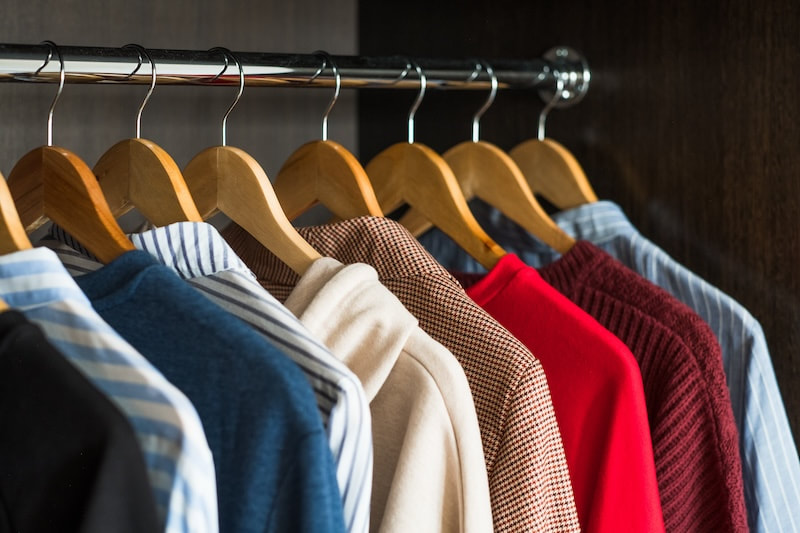

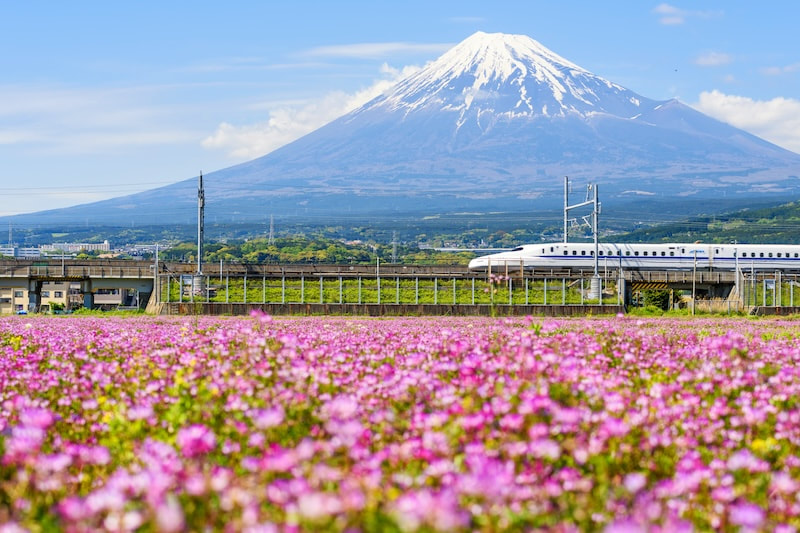

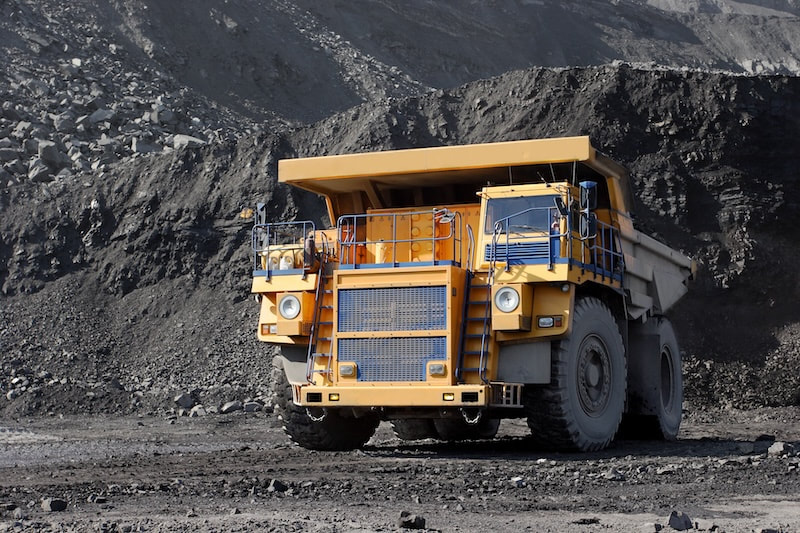




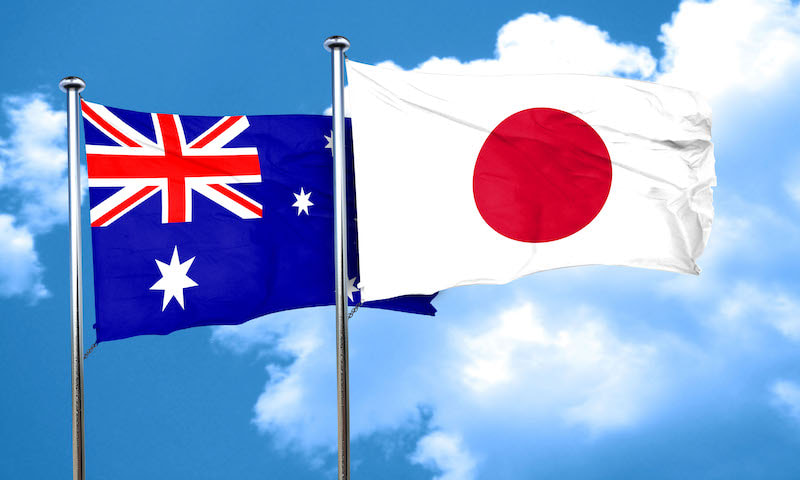
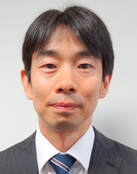
 RSS Feed
RSS Feed